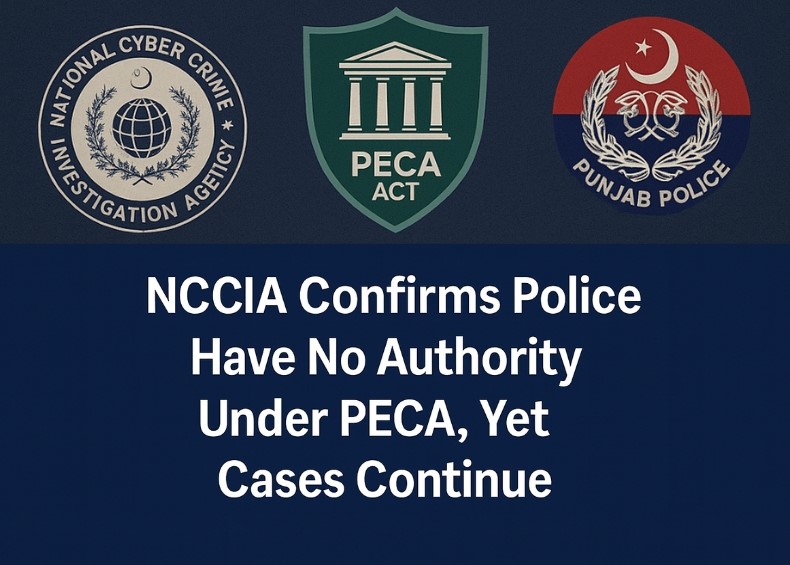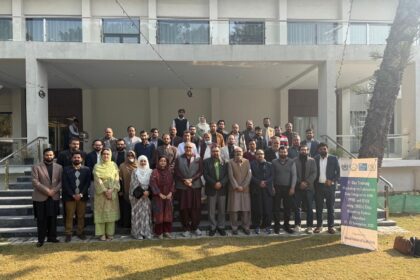Senate Confronts Widespread PECA Violations by Police, Demands Nationwide Report from Interior Ministry
Nadeem Tanoli
Islamabad: In a powerful session exposing systemic legal violations, the Senate Standing Committee, chaired by Senator Syed Ali Zafar, confronted the Ministry of Interior over widespread misuse of the Prevention of Electronic Crimes Act (PECA) by unauthorized local police forces across Pakistan. The committee demanded detailed records from all districts and provinces where PECA FIRs have been filed by police officers without legal jurisdiction, following shocking revelations by journalist leader Asif Bashir Chaudhry.
One of the most alarming disclosures came when Asif Bashir Chaudhry, representing the journalist community, informed the committee that local police stations across Punjab and other regions were unlawfully filing cyber crime cases under PECA. He explained that not just one or two but dozens of such FIRs were being filed regularly. In his testimony, Chaudhry noted that he personally receives two to three FIR reports every three to four days from different areas of Pakistan, all registered by local police instead of the legally authorized National Cyber Crime Investigation Agency (NCCIA). He specifically highlighted a case in Bahawalpur, where a journalist exposing road construction corruption was targeted under PECA by local law enforcement.
In response, the Ministry of Interior’s Joint Secretary acknowledged that under PECA, only the NCCIA has the legal mandate to register cybercrime cases. No police station outside of the NCCIA is permitted to initiate such FIRs. The revelation has sparked serious concern across the journalist community, raising the fundamental question of how local police continue to operate under a law they are not authorized to enforce. Senator Zafar immediately issued a directive to the Ministry of Interior to collect and submit a comprehensive report covering all PECA-related FIRs lodged by unauthorized police departments across Pakistan.
The Senate committee also underscored a deeply flawed institutional structure involving a “triangle of dysfunction” between local police, the NCCIA, and the Ministry of Interior. While the NCCIA is legally empowered to handle PECA cases, it lacks control over thousands of local police stations operating independently and often on behalf of political actors. These police forces continue to file cybercrime FIRs despite having no legal right to do so, undermining the federal authority of the NCCIA.
Meanwhile, the Ministry of Interior has routinely avoided accountability by citing jurisdictional boundaries whenever questions are raised. Senators condemned this evasive posture, stating that it only worsens the misuse of PECA and leaves journalists trapped between two forces—illegal cybercrime charges filed by unauthorized police and inadequate federal enforcement by NCCIA. This dual-track enforcement structure has led to digital censorship and physical intimidation, with little to no legal protection for the press.
In conclusion, the committee demanded that the Ministry of Interior and NCCIA submit complete data on all FIRs filed under PECA












